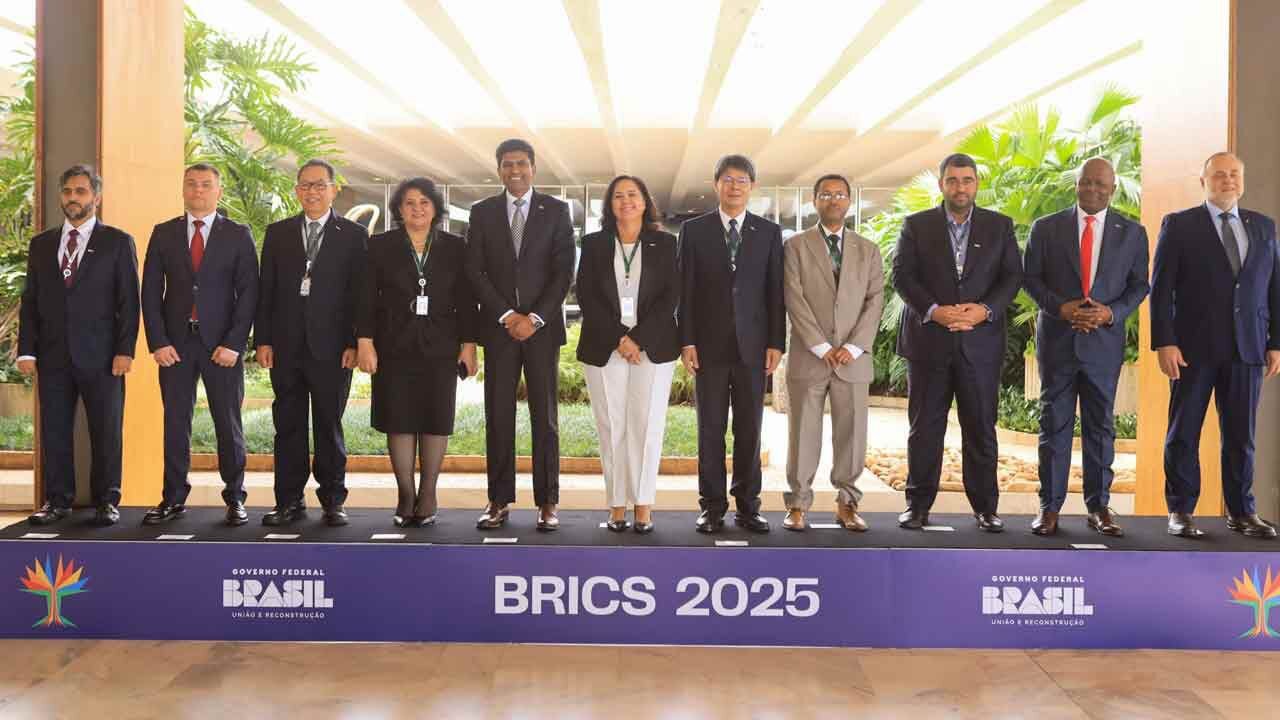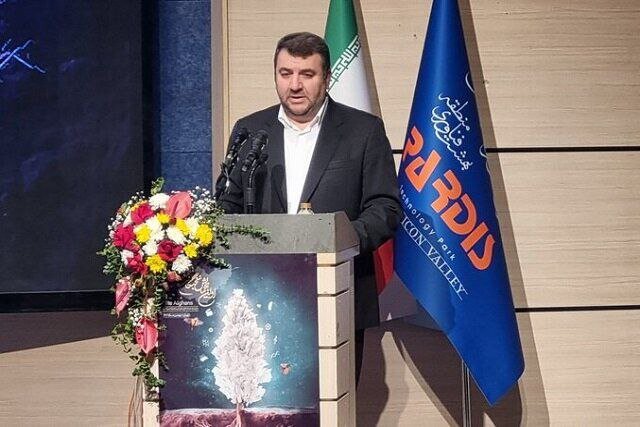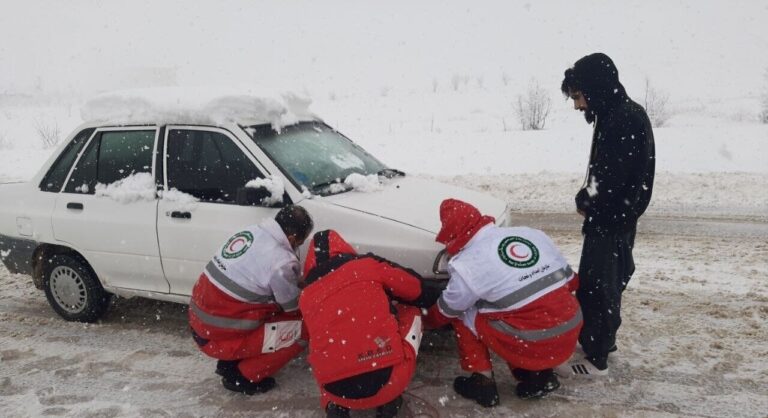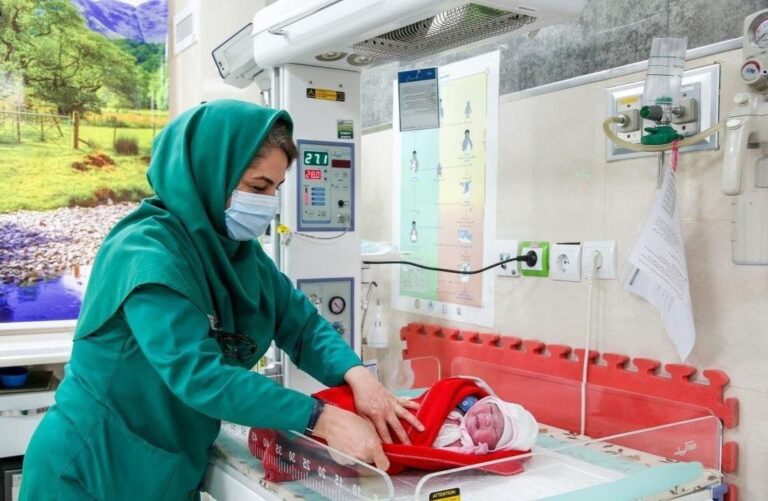
Similar Posts

Iran Opens Doors for Afghan Knowledge-Based Companies: New Registration Opportunities!
Afghan knowledge-based firms can now register in Iran under the same conditions as Iranian companies, as announced by Hossein Roozbeh, head of the Organization for the Development of International Cooperation in Science and Technology. This initiative aims to foster collaboration and innovation, particularly among Afghan immigrants and students with strong research capabilities. The number of knowledge-based companies in Iran has surged over 200% in a year, reaching around 10,000, with a combined value of $2 billion. The effort aligns with Iran’s goals to enhance domestic production and economic growth through technological advancements and international scientific collaborations.

Unveiling a Bold Strategic Plan to Safeguard Endangered Species for Future Generations
President Masoud Pezeshkian has directed Iran’s Department of Environment (DOE) to create a strategic plan for protecting endangered species, prompted by a report from the IUCN highlighting 154 critically endangered vertebrate species in the country. Emphasizing the need for a comprehensive approach, Pezeshkian called for actionable measures across various sectors. Iran is home to diverse biodiversity, including around 37,500 animal and over 8,000 plant species, yet faces challenges like habitat loss, climate change, and unsustainable resource exploitation. The DOE is focusing on combating illegal hunting and enhancing international collaboration to conserve vulnerable species, marking a vital step in environmental preservation.

Over 1,000 Lives Saved: Incredible Week of Rescue Services!
The Iranian Red Crescent Society (IRCS) has made significant contributions to emergency rescue efforts, aiding over 1,021 individuals in the week ending February 25, 2025. Conducting 679 operations, they transferred 314 people to medical facilities and provided emergency services to 148. With 4,500 relief teams mobilized, their ongoing initiative aims to improve road safety and reduce accidents. The IRCS is recognized globally for its extensive humanitarian work, including healthcare innovations and climate change initiatives. Their commitment to community support and proactive measures solidifies their role as a leading humanitarian organization in Iran and beyond.

Rainfall Plummets: A 42% Decline Shakes Weather Patterns
Iran’s rainfall from September 23, 2024, to February 28, 2025, totaled only 78.8 mm, a 42.9% decline from the long-term average of 137.9 mm, highlighting severe water scarcity issues. Recent data shows just 3 mm of rain in the last week, a 57.4% decrease compared to the average. Winter rainfall is 44.9 mm, 43% less than normal. Kohgiluyeh–Boyerahmad province suffered a 73% decrease in rainfall, while Tehran saw a 39.8% decline. Despite a slight increase in some provinces, the overall situation calls for urgent water management strategies and conservation efforts to combat ongoing drought conditions.

Health Minister Announces Exciting Relaunch of Family Physician Program This Year!
The Family Physician Program is set to launch in Iran during the current year, aiming to enhance healthcare delivery through reforms and better patient pathways. Health Minister Mohammad-Reza Zafarqandi emphasized the need for collaboration among stakeholders and the establishment of a national headquarters for effective management. The program, which originated in 2005, focuses on improving access to healthcare in smaller communities and includes services like health examinations, mental health support, and 24/7 care. Currently, it covers 182 cities, benefiting over 20 million Iranians, and seeks to modernize the healthcare system through preventive care and systematic support.

Empowering Midwives: The Unsung Heroes in Times of Crisis
Midwives are essential health care providers, especially during global crises such as natural disasters and climate change, where they ensure maternal and newborn health. They deliver up to 90% of sexual, reproductive, maternal, newborn, and adolescent health services, even in limited-resource settings. Midwives also educate communities, advocate for women’s health, and provide care for survivors of gender-based violence. Despite their critical role, they are often overlooked in crisis management discussions. The International Day of Midwives 2025 highlights the need for their inclusion in health care planning. Recognizing and supporting midwives is vital to safeguarding the health of women and families worldwide.